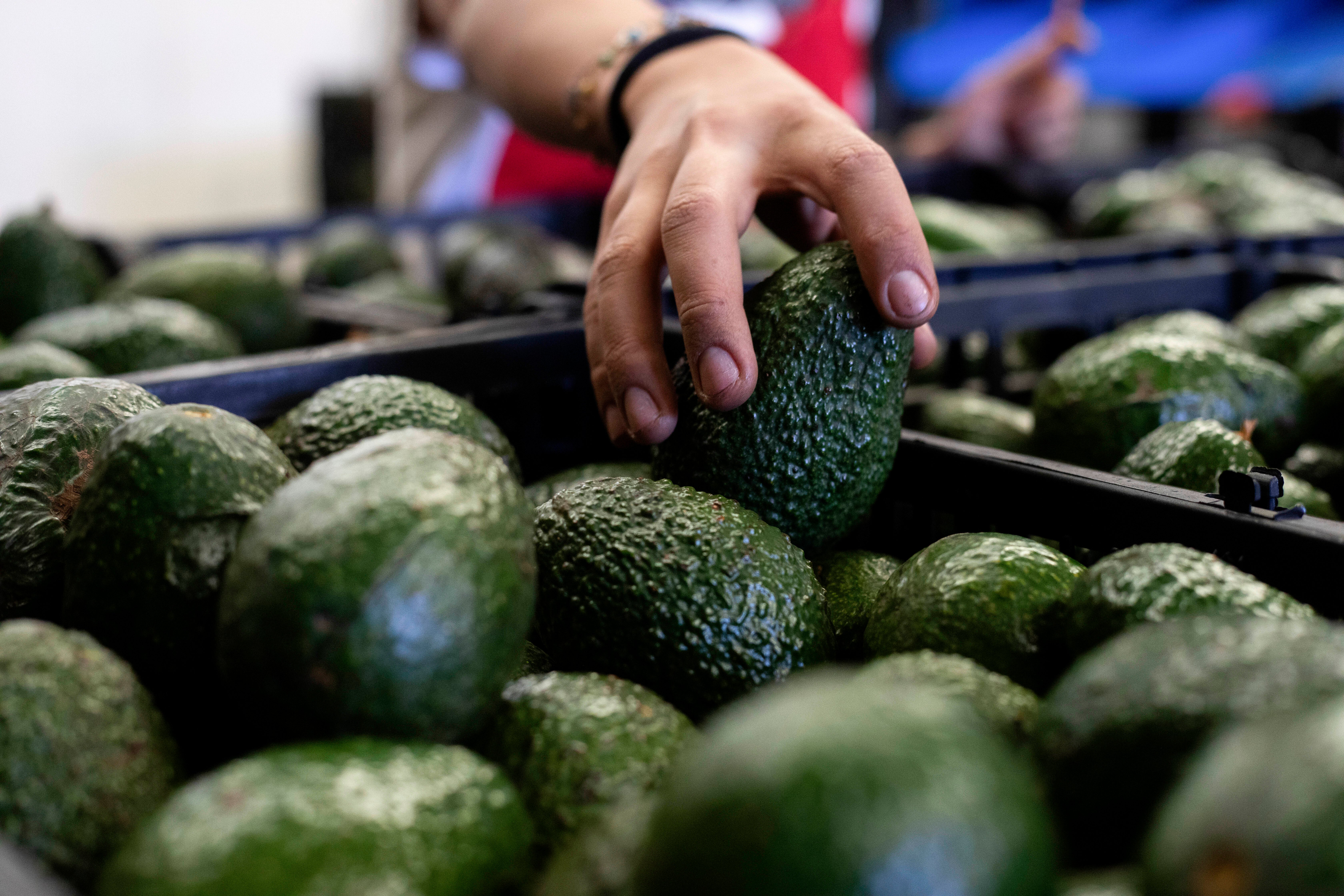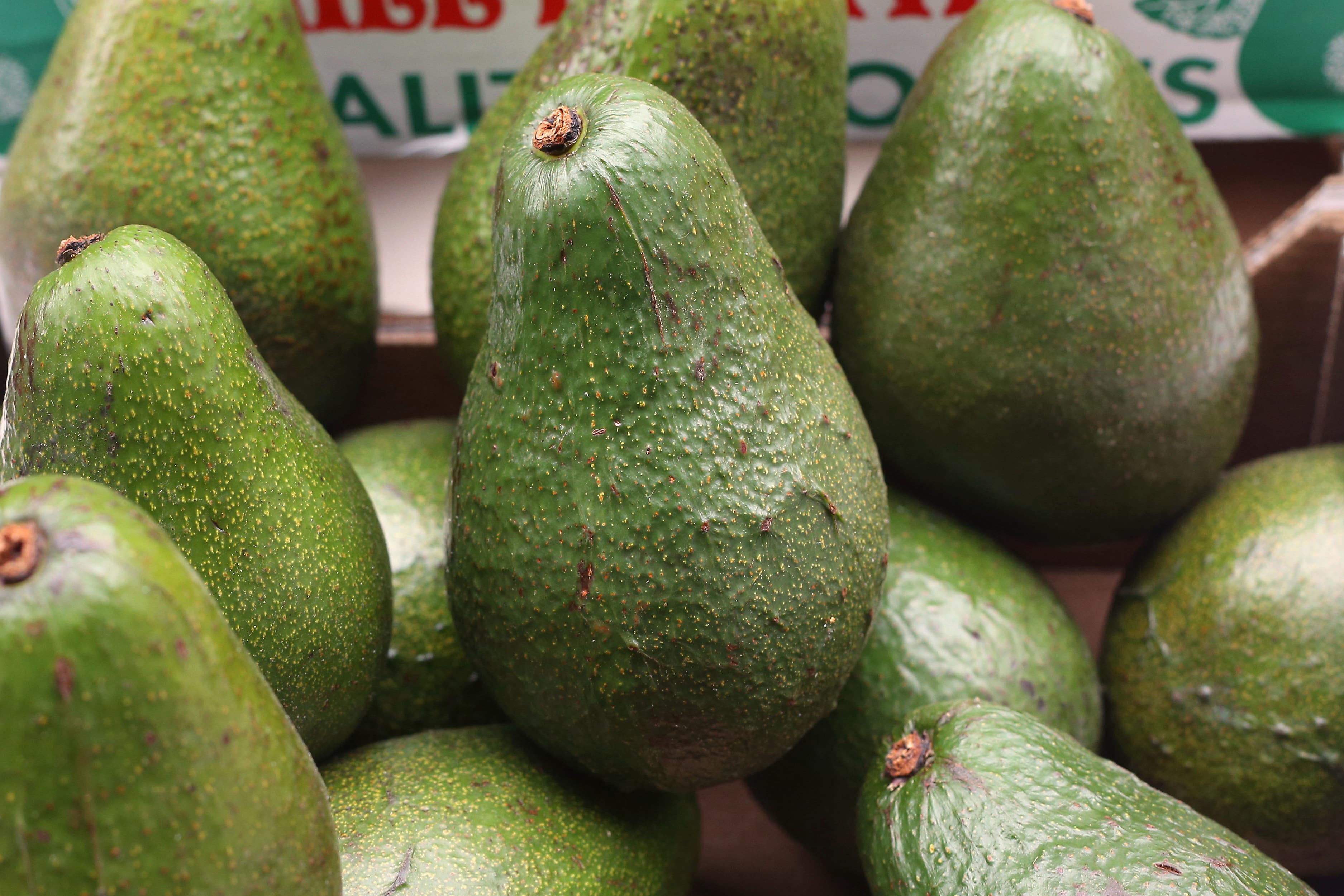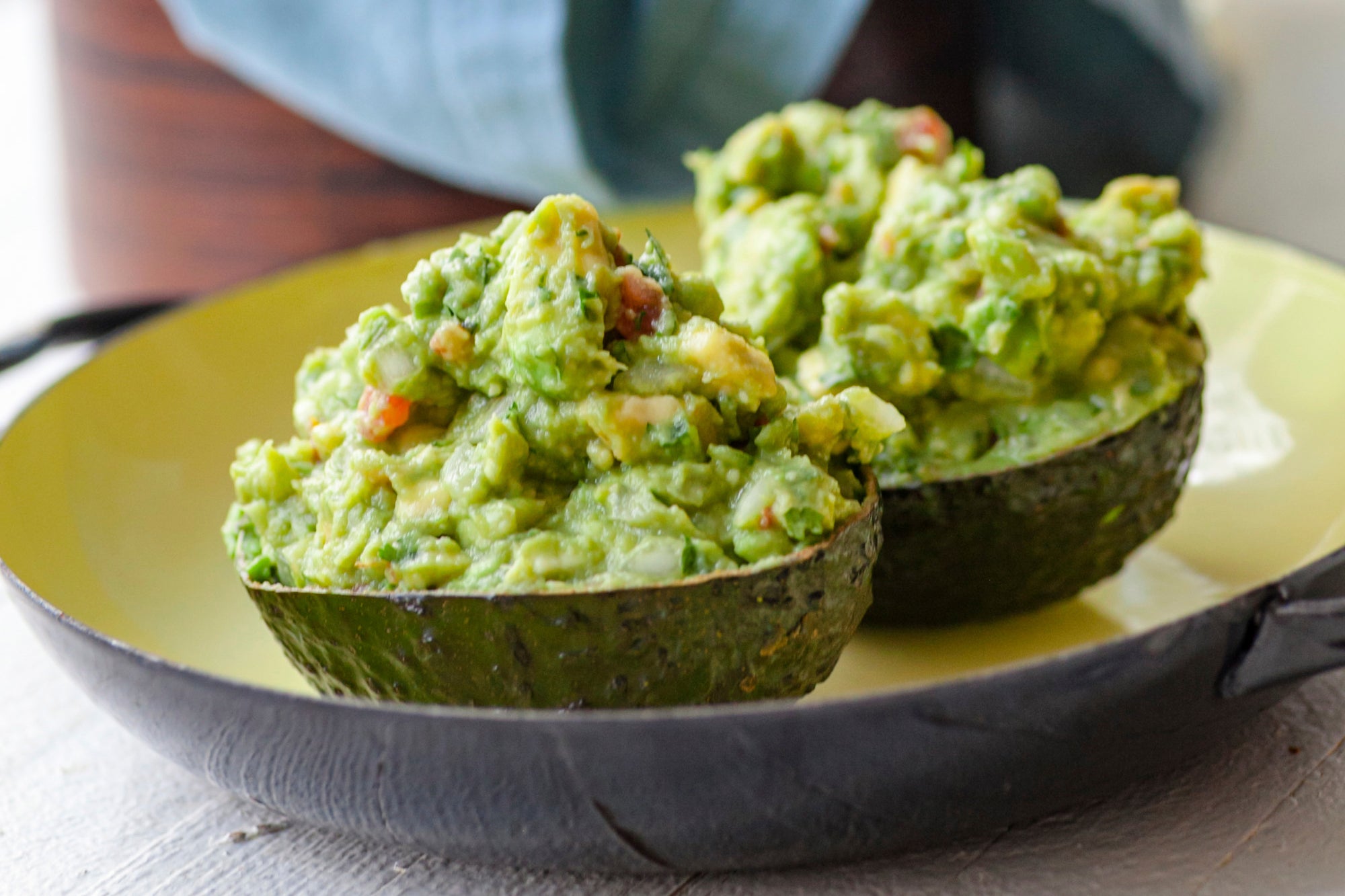Avocado shortage warning as fruit smashed by climate change
Just one avocado needs 320 litres of water on average

Your support helps us to tell the story
From reproductive rights to climate change to Big Tech, The Independent is on the ground when the story is developing. Whether it's investigating the financials of Elon Musk's pro-Trump PAC or producing our latest documentary, 'The A Word', which shines a light on the American women fighting for reproductive rights, we know how important it is to parse out the facts from the messaging.
At such a critical moment in US history, we need reporters on the ground. Your donation allows us to keep sending journalists to speak to both sides of the story.
The Independent is trusted by Americans across the entire political spectrum. And unlike many other quality news outlets, we choose not to lock Americans out of our reporting and analysis with paywalls. We believe quality journalism should be available to everyone, paid for by those who can afford it.
Your support makes all the difference.A warning has been issued about a future shortage of avocados thanks to climate change.
The best growing regions in countries like Burundi, Chile, Peru, Spain, South Africa and Mexico are seeing productivity shrink due to the more volatile conditions.
Activists are calling for more support for avocado farmers as a report revealed climate change is having a “terrible impact” on the fruit.
The popular superfood, which is high in fibre and healthy fats, relies on a lot of water to grow, making it especially vulnerable in a hotter, drier, more drought-prone world.
The paper, published on Monday, said these areas are expected to decline by between 14% and 41% by 2050, depending on how fast global emissions are reduced.
The world’s biggest producer Mexico could see its potential growing area reduced by 31% by 2050 even if the global average temperature rise is limited to under 2C, and as much as 43% if it increases towards 5C, it said.
Jolis Bigirimana, an avocado farmer and president of Farmer’s Pride Burundi, said: “In Burundi, climate change is a huge problem, especially for avocado growers.
“We are experiencing hot temperatures, heavy rain and erosion, which is having a terrible impact on farmers’ productivity and their income.
“It now costs us a lot of money to water our crops.”
Just one avocado needs 320 litres of water on average, according to Honor Eldrige, sustainable food expert and author of the Avocado Debate.
“Producing an avocado is therefore becoming increasingly expensive and these costs will likely be passed on to the consumer, raising the price we pay for our guacamole,” she warned.
Dr Chloe Sutcliffe, research fellow in sustainable horticulture at the Royal Horticultural Society, added that the UK currently obtains most of its avocados from Peru and Chile, where water scarcity is already high and expansion of avocado production has compromised access to water for some smallholder farmers.

“It is very likely that the impacts of climate change on water availability will further exacerbate water scarcity issues in these areas,” she said.
The findings come as a recent Savanta poll suggested 63% of the British public want the Government to do more to reduce the impact of climate change on the food supply chain, including supporting farmers in developing countries who provide to Britain.
Christian Aid is urging governments to commit to urgent emissions reductions, accelerate the energy transition and commit to providing more climate aid to developing nations at Cop29 this year in Azerbaijan.
The charity also calls for more financial support for vulnerable agricultural communities that rely on avocado growing for their livelihoods so they can invest in mitigation measures.

Mariana Paoli, global advocacy lead at Christian Aid, said: “Avocados might be a superfood but their kryptonite is climate change.
“Agricultural communities in developing countries are already bearing the brunt of the climate emergency and they rely on stable and predictable climates to feed their families.
“That is why it’s vital they receive a lot more financial support to adapt to this changing climate.”
Mr Bigirimana added: “We need to see richer, polluting countries cut their carbon emissions which is driving this extreme weather and also provide finance to help us adapt to the changing climate.”
The Department for the Environment, Food and Rural Affairs has been contacted for comment.
Professor Carol Wagstaff, dean for agriculture at the University of Reading, said the problem requires a “multipronged solution”.
She added: “We have to embrace different cultivation systems that do not rely on deforestation and monoculture production which makes avocado vulnerable to diseases, destroys soil quality and biodiversity, and reduces the availability of water – all of which are crucial to enabling resilience of avocado trees and other crops.
“Crucially, we also need to stop human activities and industrial processes which drive the higher temperatures and extreme weather events associated with climate change.”